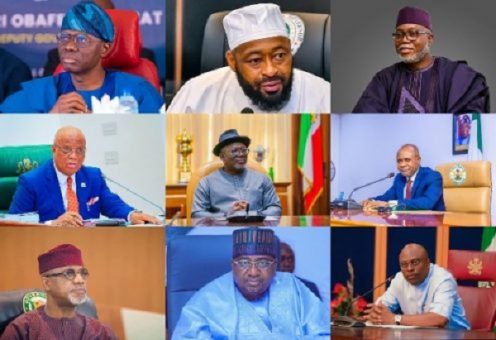
Twenty states across Nigeria have commenced the payment of the newly approved minimum wage, with some state governors pledging higher amounts. After prolonged negotiations among the government, Organised Private Sector, and Labour Centres, Nigeria’s minimum wage was increased from N30,000 to N70,000. The National Assembly passed the bill on July 18, and President Bola Ahmed Tinubu signed it into law on July 29.
The Federal Government has already started paying the new minimum wage. Many states are following suit, with some offering even higher rates to workers. The highest amounts come from Lagos and Rivers states, both paying N85,000, while Bayelsa, Niger, Enugu, and Akwa Ibom states are paying N80,000. Increased allocations to states from the Federation Account Allocation Committee (FAAC) due to the removal of the petrol subsidy have improved states’ capacity to pay.
States’ Payments Breakdown:
- Abia, Adamawa, Anambra, Jigawa, Borno, and Kwara – N70,000
- Ebonyi – N75,000
- Delta and Ogun – N77,000
- Gombe – N71,000
- Ondo – N73,000
- Kebbi – N75,000
- Kogi – N72,000
Bayelsa State has additionally allocated N7 billion to address outstanding gratuities, effective November 1, while Enugu’s Governor Peter Mbah remarked that “labour is a creator of wealth and should be well taken care of.” In Anambra, Governor Chukwuma Soludo ensured that workers would receive at least N70,000 monthly after deductions. Osun State’s Minimum Wage Negotiation Committee will meet again to discuss adjustments, while Benue State has yet to finalize its minimum wage figure.
The Trade Union Congress (TUC) has criticized states yet to commit, with Deputy Chairman Tommy Okon calling any governor still in negotiations “insensitive to the plight of workers,” given the increased state revenues.








